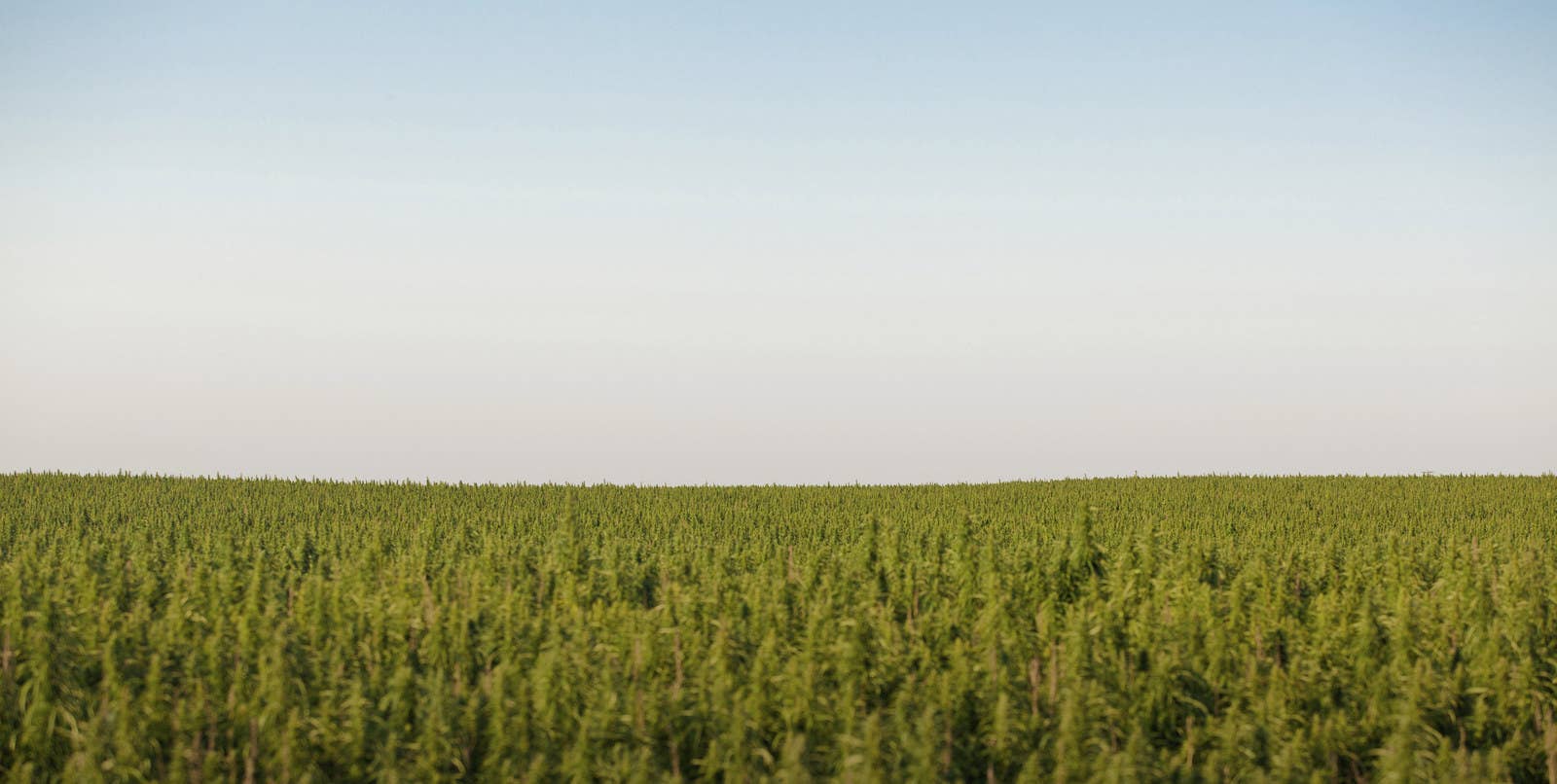
This past weekend the Australian government announced its support for medicinal cannabis.
Health minister Sussan Ley said she was moved by the multiple stories she had heard from people who had found medicinal cannabis to give some relief from illness.
“I have felt for them, because with a terminal condition, the most important thing is quality of life and relief of pain," she said.
And it's a decision that has bipartisan support. The Labor opposition gazumped the government by revealing its support for a nationwide medicinal cannabis scheme the night before Ley announced the new policy, while the Greens have been calling for the legalisation of medicinal cannabis for years. In fact, it's not easy these days to find anyone who will speak out against it.
"The murky waters of Australia's war on drugs have been clogged for decades."
Some advocates are excited with the government’s decision, hoping it will help get the drug to those struggling with illness and addiction, but others question the idolisation of cannabis as a 'cure-all', as well as the Australian government’s planned partnership with the Australian Medical Association when it comes to processing the drug. The murky waters of Australia’s war on drugs have been clogged for decades, but as Australia slowly catches up to other countries decriminalising cannabis, advocates say last weekend’s announcement was only a small step, with no indication on which direction Australia is headed on issues like full decriminalisation, marketing, manufacturing, and growth.
As Australia heads towards legal medicinal cannabis, BuzzFeed News spoke to three people whose lives have been touched by the drug.
Lucy Haslam watched her son Daniel die after a battle with cancer in February this year.
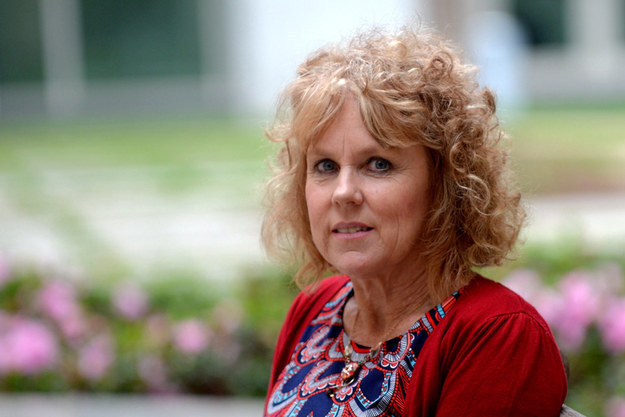
She saw his continued nausea and sickness following chemotherapy, and the benefits Daniel got from cannabis during his treatment. After the death of her son, Lucy created the not-for-profit, United in Compassion, which aims to create a compassionate access scheme. Lucy hopes the scheme will allow the drug to be sold on the cheap, and not turned into a pharmaceutical profit machine.
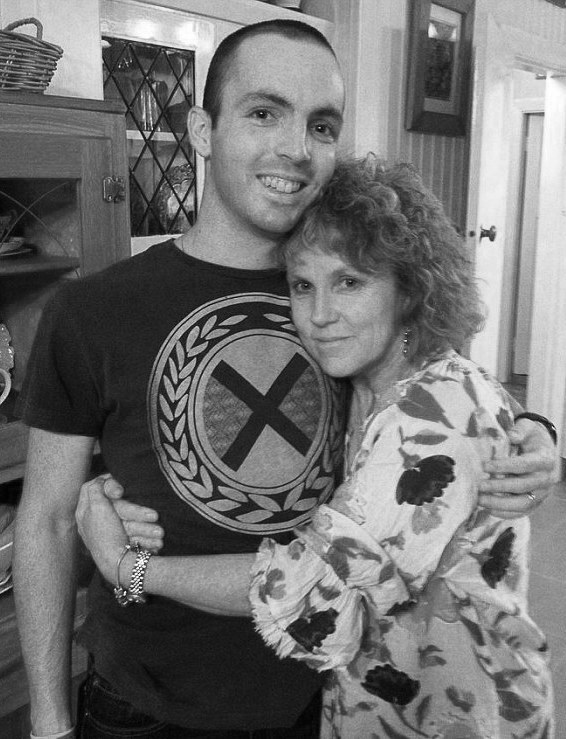
According to Lucy, the Australia Medical Association and pharmaceutical companies are advising politicians. “They don’t want it [medicinal cannabis] because they’ll suffer financial losses,” she told BuzzFeed News. “Sussan Ley wants to go through national trials. There are already thousands of trials overseas that prove what they are testing for.” Lucy represents a growing community hoping to see cannabis brought into pharmacies country-wide and sold to patients in need. It's been said that United in Compassion is similar to the Dallas Buyers Club, made famous in the 2014 film starring Matthew McConaughey as Ron Woodroof, an American man who sought cheaper and easier-to-access AIDS medication for patients.
Lucy says this comparison is only partly fair, pointing to the Hepatitis C initiative UiC already runs, which brings Hep C medication to Australia for much cheaper than market price. Both the cannabis and Hep C initiatives find themselves pushing against a government dragging its heels in opposition to the quick commercialisation of a drug many say is more effective - and cheaper - than other pharmaceuticals on the market. Lucy says the recent announcements are still positive, and UiC hopes their plans will become more streamlined – which they will be, as more organisations are regulated and given permission to grow medicinal cannabis. The issue now is not whether, but when, the government can get effective new laws in place.
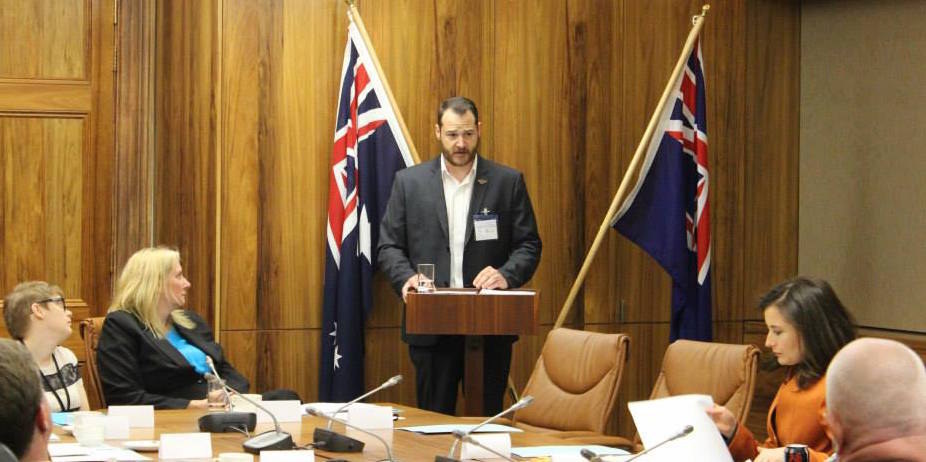
An Australian Navy veteran, Damon Adams started using cannabis to alleviate pain after cycling on and off prescribed oxycontin.
A knee injury sustained during a police-training course left Adams dependent on the painkiller, until a friend recommended cannabis to him after she had success treating her own multiple sclerosis. What followed was a “watershed moment,” with the cannabis helping to alleviate his pain and allowing him to slowly wean off of painkillers. In 2013, Adams joined the Drug Law Reform Party and ran as an endorsed senate candidate for South Australia. He was unsuccessful, but the experience helped teach him about the way government works and what cannabis reform could mean for Australia.
“I want to be able to buy it like you buy oranges at the store,” he told BuzzFeed News. “You can go to the store and buy a bag of oranges, you can walk down the street to the guy selling it on the corner and buy oranges from him. You can plant an orange tree in your backyard and eat exclusively from that. I don’t see why cannabis should have to be any different.”
Adams is part of a growing community seeking complete legalisation of cannabis, pointing to its use in medical circles as a starting point for broader legalisation. Adams says he wouldn’t hesitate to give cannabis to his children in place of other medication, and sees the current Australian law as old-fashioned and out of date. Seventy-eight years of prohibition propaganda has led to Australians holding a misguided perspective on cannabis and its use, Adams says. When pressed on the questions raised by those against the use of cannabis, Adams huffs and disagrees, saying there’s no actual confirmed evidence to back up claims that cannabis could be bad for a person's mental health. “Many of these claims are reliant on pre-existing conditions that cannabis can rustle up,” says Adams, citing various journal entries and studies. The Schizophrenia Institute Research Facility and Harvard University have studies that back up these claims, but as with all drug-related issues, there are just as many studies (including more from Harvard) that deny the benefits as those that claim them. Adams wants complete legalisation, not just for medicinal purposes, but says the new move from the Australian government is a step in the right direction. His concern, similar to Lucy Haslam's, is that under the planned new legislation, Australians would still not be able to legally grow their own cannabis to treat themselves.
“Being forced to buy medicine is unethical to say the least.”
While everyone seems to have a story about the success of cannabis and its medicinal properties, there are those who doubt its capabilities as a cure-all. Medicinal cannabis is by no means a wonder drug that will cure all ailments, and some are growing frustrated at the reputation the drug is garnering in Australia
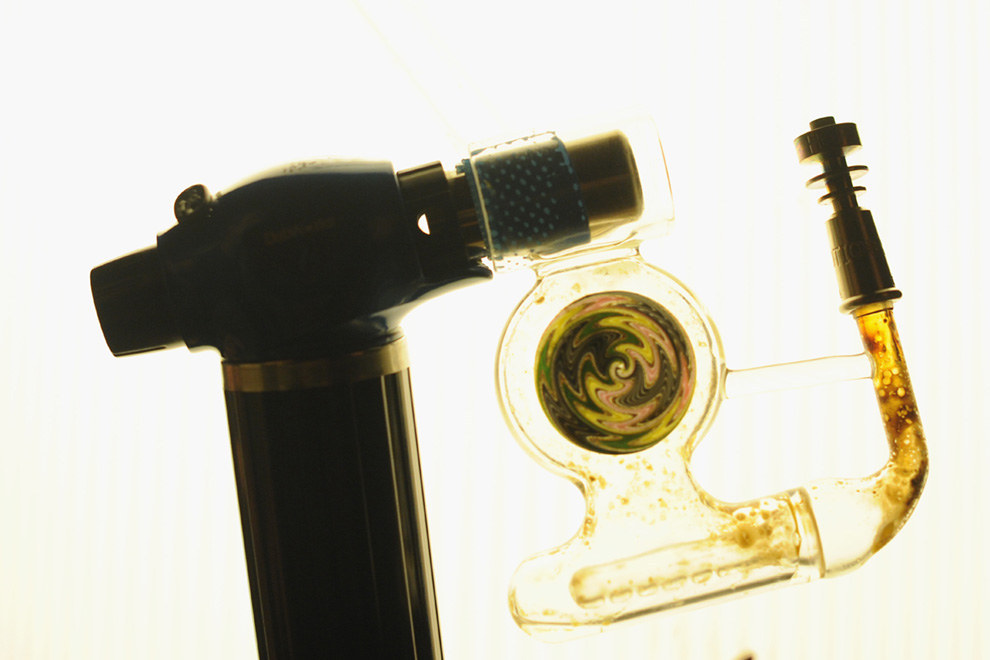
Emily* was on her couch, alone, when a doctor called to tell her she had Stage IV colorectal cancer.
She had no signs or symptoms other than mild nausea – but a number of tumours originally thought to be benign were actually secondary tumors from a primary bowel cancer. Doctors told her she had, at best, a few years to live. Following her diagnosis, Emily was put on chemotherapy. The first was one was called Irinotecan. Derived from a Chinese tree called the Happy Tree, it was a “natural” chemotherapy. Over time, Emily sought respite from the same nausea and vomiting that Dan, Lucy Haslam’s son, and so many other chemo patients go through. She turned to cannabis.
Emily had been on other anti-nesuea medications but was curious as to how medicinal cannabis could help. She procured a tincture – a drop based liquid concentration of cannabis - from a friend at counseling. “I wanted to try it as a muscle relaxant,” she told BuzzFeed News. “My ribcage was distended, I got frequent muscle spasms down my right side. I had been prescribed valium, and was instructed to take it every few hours, but I found the fogginess from the Valium frustrating and that after a few weeks of using it, I needed to take more.”
What followed was not what Emily had expected. The miracle cure she had heard others rave about, and even push onto her, was not what she had hoped.
“I have spent my whole time since diagnosis dealing with people repeatedly saying that cannabis has the power to cure cancer. This utterly infuriates me."
"The idea that cannabis is better because it’s ‘natural’ also shows an ignorance about what chemotherapy is," Emily says.
Emily has had to face dozens of people telling her to go to websites and books and try “this form of cannabis” and “that form of marijuana.” She doesn’t appreciate it. “It’s a really vile thing that people do – trying to imply that some website is more informed about your cancer treatment than you and your medical team is. My doctor has dedicated his life to trying to make people like me live longer. The idea that he is actually hiding the cure from me is offensive and insulting. The idea that somehow he doesn’t know about it because different people have different expertise is also garbage. It’s a cure for cancer, eh? Why the fuck doesn’t an oncologist know about it? If it did cure cancer, doctors would be giving it to patients regardless of the law.”
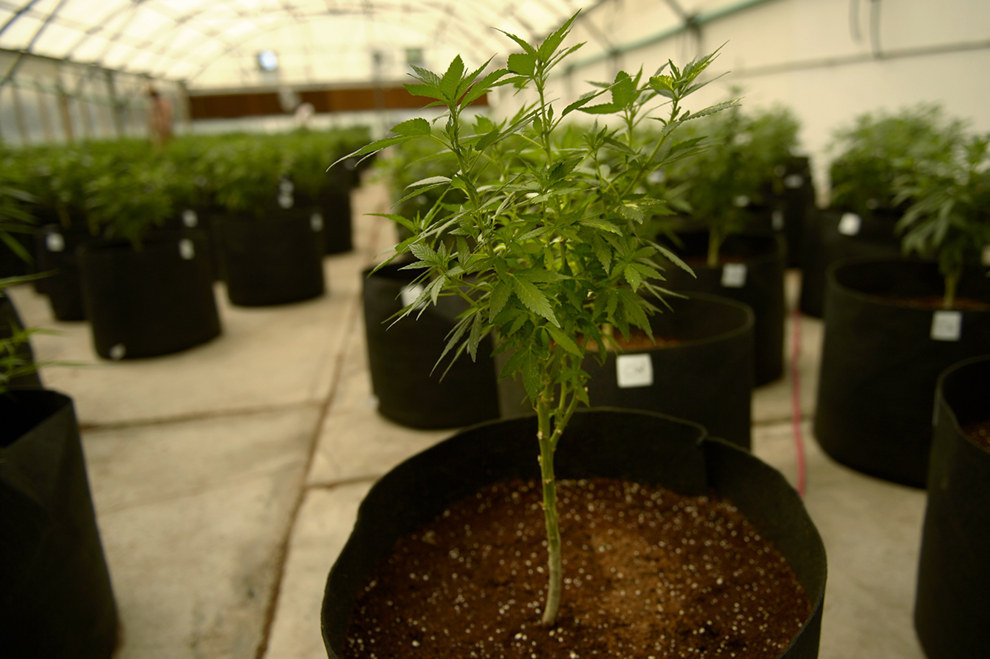
Emily’s anger stems partly from stories like The Simpson Regime, a controversial treatment which claims that “chemotherapy kills patients faster than no chemotherapy at all.” Created by Rick Simpson in America, Simpson claims cannabis can cure cancer, and helps alleviate arthritis, dementia, and a host of other illnesses. Still, Emily is not against cannabis at its source.
“I am aggressively for legalisation of cannabis,” she said. “Not just for medical reasons, but in general. It is completely absurd that a plant that has no evidence of causing severe damage to anyone is illegal to grow. I can’t see any rationale reason for it to be illegal to grow.”
Emily's story has a common thread shared with Lucy and Damon: seeking out cannabis illegally and covertly, under threat of prosecution should she be caught. As the Australian government spends time processing, trialling, and organising routes to get cannabis to those in need, the drug will continue to be sold on the black market, funneling profit to gangs and illegal organisations across the country. Even with reform, it's currently not guaranteed that this method won't still be the easiest, and cheapest, way for patients to get their hands on the drug.
---------------------------------------------------------------------------------------------------------
If you have experiences with medicinal cannabis in Australia and would like to chat to the author of this piece for future reports, you can contact him at bradley.esposito@buzzfeed.com
